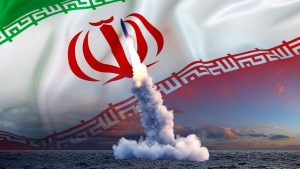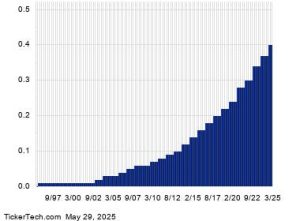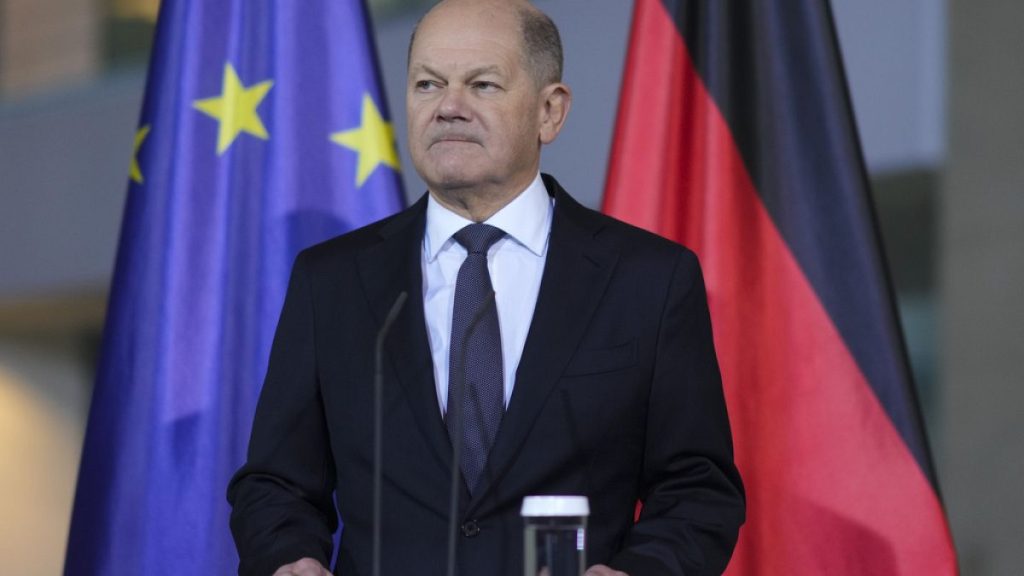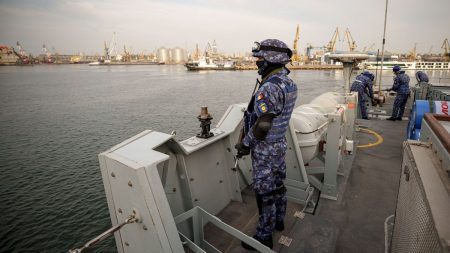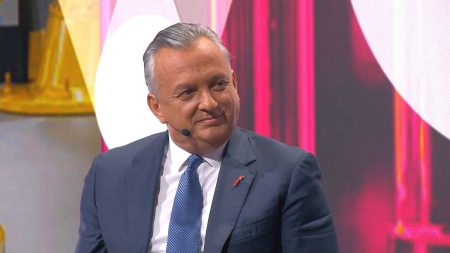German Chancellor Olaf Scholz’s call for a confidence vote, a rare occurrence in German politics, has set the stage for snap elections, potentially as early as February 2024. The collapse of the governing coalition, triggered by Scholz’s dismissal of Finance Minister Christian Lindner, has plunged Germany into political uncertainty amidst a backdrop of economic fragility. Lindner’s party, the Free Democratic Party (FDP), orchestrated the coalition’s breakup, seemingly aiming to capitalize on early elections. However, their gamble appears miscalculated, with polls suggesting they may struggle to reach the 5% parliamentary threshold. Conversely, the Social Democrats (SPD) and the Greens appear poised to benefit from the political upheaval, with Scholz seemingly embracing the opportunity to reshape the political narrative.
The impending elections carry significant weight, given Germany’s economic woes. Major industries, including automotive and steel, are facing severe challenges, compounded by sluggish growth. Job cuts loom large, and global markets, particularly in the electric vehicle sector, are shifting towards Asia. This economic instability, coupled with political uncertainty, creates a precarious situation for Germany. Political parties are keenly aware of the pressure to address these economic concerns before the elections. Key issues include mitigating the impact of “cold progression,” a tax phenomenon that reduces real income, implementing rent control measures, and securing funding for Ukraine’s defense. These contentious topics will undoubtedly dominate the election campaign.
The CDU, currently leading in the polls, faces a delicate balancing act. Inaction on social and economic issues could alienate voters, while missteps could erode public trust. Therefore, a degree of compromise is expected. Despite their minority status, the SPD and Greens are collaborating with the CDU on these critical economic and social decisions, recognizing the urgency of the situation.
The potential outcomes of the election point towards two main coalition scenarios: a CDU-Green alliance or a CDU-SPD partnership. While the SPD hopes to match the CDU’s electoral performance, this appears unlikely based on current projections. Regardless of the eventual coalition, the overriding priority will be stability. The tumultuous experience of the outgoing “traffic light” coalition emphasizes the need for an effective, socially responsive, and peace-oriented government.
This pressing need for stability will heavily influence voters, a significant portion of whom remain undecided. The political landscape is volatile, making predictions challenging. However, three core issues will likely determine the election’s outcome: managing the economic crisis, ensuring social equity, and navigating the complexities of war and peace, particularly concerning the ongoing conflict in Ukraine. These issues resonate deeply with the German electorate and will be central to the political discourse leading up to the elections.
The economic challenges facing Germany are multifaceted. Traditional industries like automotive and steel are grappling with structural changes, intensified by global competition and the shift towards electric vehicles. This transition requires significant investments in new technologies and workforce retraining, adding further pressure on an already strained economy. Moreover, the ripple effects of the war in Ukraine, including energy price volatility and supply chain disruptions, have exacerbated the economic downturn.
The issue of social equity is equally complex. Rising housing costs, particularly in urban areas, have become a major concern for many Germans. The debate over rent control measures highlights the tension between affordability and market forces. Furthermore, the “cold progression” phenomenon, where tax brackets fail to adjust for inflation, effectively reduces disposable income, impacting households across the income spectrum. Addressing these social concerns will be crucial for any government seeking to maintain public support.
Finally, the war in Ukraine and its broader geopolitical implications will significantly shape the election narrative. Germany’s role in supporting Ukraine, both militarily and financially, will be a key point of contention. The debate over providing Taurus missiles to Ukraine exemplifies the difficult decisions facing German policymakers. Balancing national security interests with international obligations and public opinion will be a delicate task for the next government.
The upcoming elections represent a critical juncture for Germany. The country faces a confluence of economic, social, and geopolitical challenges that demand decisive leadership and effective governance. The outcome of the elections will determine the course of Germany’s future, both domestically and on the international stage. The electorate’s decision will shape the country’s response to these pressing issues and determine its trajectory in a rapidly changing world.
